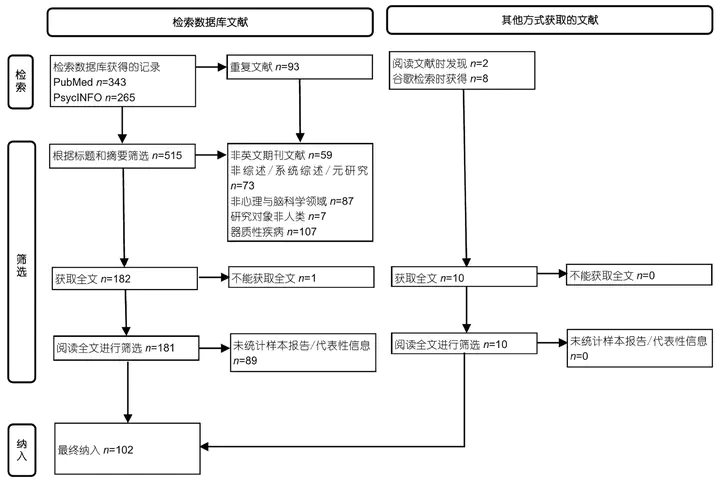
Abstract
Psychological and brain science explore human behavior and the human brain by studying volunteers who participate in these studies. Given that the minds and behavior of participants are influenced by their own biological and social factors, the generalizability of findings in these fields largely depends on the representativeness of samples. However, the representativeness of samples in psychological and brain science has long been criticized as “WEIRD” (Western, Educated, Industrialized, Rich, and Democratic). In recent years, several meta-researches have surveyed the representativeness of samples in published studies from different sub-fields, but an overall understanding of the representativeness of samples in psychological and brain science is lacking. In this review, we analyze these meta-researches to provide a comprehensive perspective on the current state of sample representativeness. Two common issues emerged across these meta-researches. Firstly, the demographics of participants were incomplete in most of the published studies. Most psychological and brain science studies reported participants′ gender, age, and country, but participants′ race/ethnicity, education level, and socioeconomic status were far less reported. Other important demographics, such as rural/urban division, were not reported at all. Additionally, the reporting of these demographics has increased only slightly in recent years compared to decades ago. Thus, the under-reporting of demographic information in literature was largely unchanged. Secondly, based on the reported demographics, we found that samples in the field are far from being representative of the world population most participants are young, highly educated Caucasian females in Western countries; middle-aged and older, less educated, colored people in and outside Western countries are less likely to be studied. In terms of countries, Southeast Asian, African, Latin American, and Middle Eastern countries appear fewer in psychological and brain science research. These two issues may be due to the following reasons Convenience sampling dominates psychological and brain science; Western researchers dominate the field of psychology and brain science, with most of the editors-in-chief, editorial board members, and authors coming from Europe and America; psychology and brain science undervalued the effect of socioeconomic and cultural factors; and researchers mistakenly believe that findings from Western participants can be generalized to all human beings. Addressing the issue of sample representativeness in psychological and brain sciences requires a concerted effort by researchers, academic societies, journals, and funding agencies Researchers should collect and report detailed demographic information about participants, state the limitations of generalizability, and use sampling methods that can increase representativeness whenever possible (e.g., probability sampling); academic societies should pay attention to the representativeness issues by organizing more academic symposium or workshops on this topic; journals should increase the representativeness of editorial board members and encourage more rigorous research with samples from underrepresented groups or studies that examine the generalizability of important findings; funding agencies can encourage researchers to pay more attention to study groups from underrepresented countries, and provide financial support for studying hard-to-research population. Improving sample representativeness will enhance the value of applying psychological and brain science knowledge in real-life settings and promote the building of a community with a shared future for mankind.